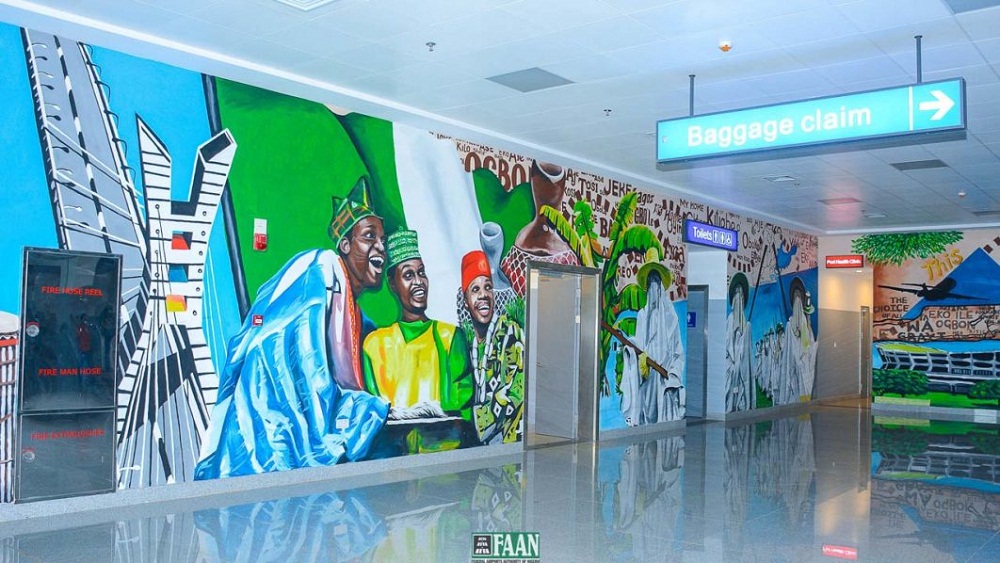Nigeria remains a good infrastructure investment destination if existing opportunities are properly harnessed as there is need to develop, maintain and modernize aviation infrastructure to attract air traffic growth and more patronage of air transportation.
This was the submission of the Aviation Safety Round Table Initiative (ASRTI) during a recently held webinar with the theme; Financing Aviation Infrastructure Deficit In Nigeria Using Private Capital: Challenges & Prospects “.
In a Press statement signed by Olumide Ohunayo, stakeholders through the communique stated that, with four airports generating 87% of total revenue from 22 airports in Nigeria and a record of about eight million air travellers from over 200 million population, need arises for innovations in technology, particularly in Air Traffic Management, processes and applications to achieve success in aviation infrastructure development, maintenance, and service delivery.
Other resolutions via the communiqué are stated below:
It states that government should provide enabling environment, reflected in enabling institutional, legal, regulatory, monitoring and evaluation framework for Nigeria’s aviation infrastructure to be developed.
The interest of aviation infrastructure users and service consumers, must be in the front burner during decision making as people should be consulted by private capital providers and government policy decision makers on aviation infrastructure development to avoid retrogressive conflicts both in the process and at completion of such projects.
To ensuring ease of doing business as promised by the President Buhari led administration, access to low interest rate loans should be given, reduction of business risk for investors, access to multilateral financing and long term tenure for debts (10 to 20 years) and this will improve access to private capital for financing aviation infrastructure.
The communiqué further reads that ” Public Private Partnership” (PPP), arrangements on aviation infrastructure must come with investment protective laws and enforceable provisions as well as full disclosure by private capital entrepreneurs to ensure accountability, transparency and confidence in such partnership arrangements.
It further states that all aviation infrastructure related partnership contracts, and concession agreements should be reviewed regularly (every five years). “There is need for consistency in government policies to protect investment in aviation infrastructure”.
“Nigerian government should salvage its image regarding perception that it hardly honours contractual agreements on infrastructure, as this can help to re-energize interest in aviation infrastructure investment in the country on aviation infrastructure financing”.
It is important to invest only in a suitable financing model, rather than copy just any model without considering suitability for the country’s make-up. “Before embarking on any aviation infrastructure partnership arrangement, it is necessary to involve non-government stakeholders in affirming the profile of private capital investment promoters to ensure their competence for execution and genuineness.
There is need to consider adapting the National Transportation Policy as recommended by the 2014 National Conference, which provided for integration of road, rail, air and water transportation in aviation infrastructure development planning.
ASRTI will not relent as we are setting up an advocacy group to encourage commercial banks to develop the willingness to invest in aviation infrastructure as there should be synergy between ASRTI and Central Bank of Nigeria (CBN) to address issues of interest rate and long term investment banking in the aviation industry.
Government should minimize political considerations in taking decisions regarding aviation infrastructure investments proposed by aviation economists and stakeholders.













